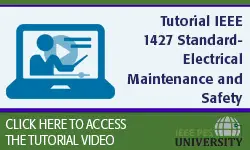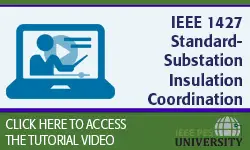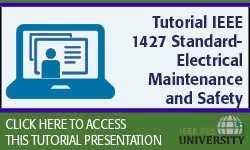Innovative teaching methods for modern power and energy systems
J. Pono?ko, P. Kotsampopoulos, S. Dennetiere
-
Members: FreePES
IEEE Members: $25.00
Non-members: $40.00Pages/Slides: 59
Panel
20 Jul 2022
In order to respond to the emerging industrial needs in a complex multi-domain environment, new skills and expertise are necessary in different fields. The role of education and training is of great importance to lead the way to a new generation of professionals and innovators. Luckily, recent technological advancements can revolutionize education by providing a plethora of new tools and possibilities. E-learning receives unprecedented attention with the roll-out of Massive Open Online Courses (MOOCs), webinars and advanced tools such as interactive notebooks. New ways of laboratory education are emerging, such as remote (distance) labs, hardware-in-the-loop simulation and augmented/virtual reality. Classroom education is also transformed with the advent of e-learning, while the boundaries between classroom and laboratory education are becoming more flexible. At the same time, engineering educational research proposes methods that can increase student engagement and enhance student performance. The Task Force experiences on these topics will be presented.
Chairs:
Panos Kotsampopoulos, Nikos Hatziargyriou
Sponsor Committees:
Power & Energy Education (PEEC)



